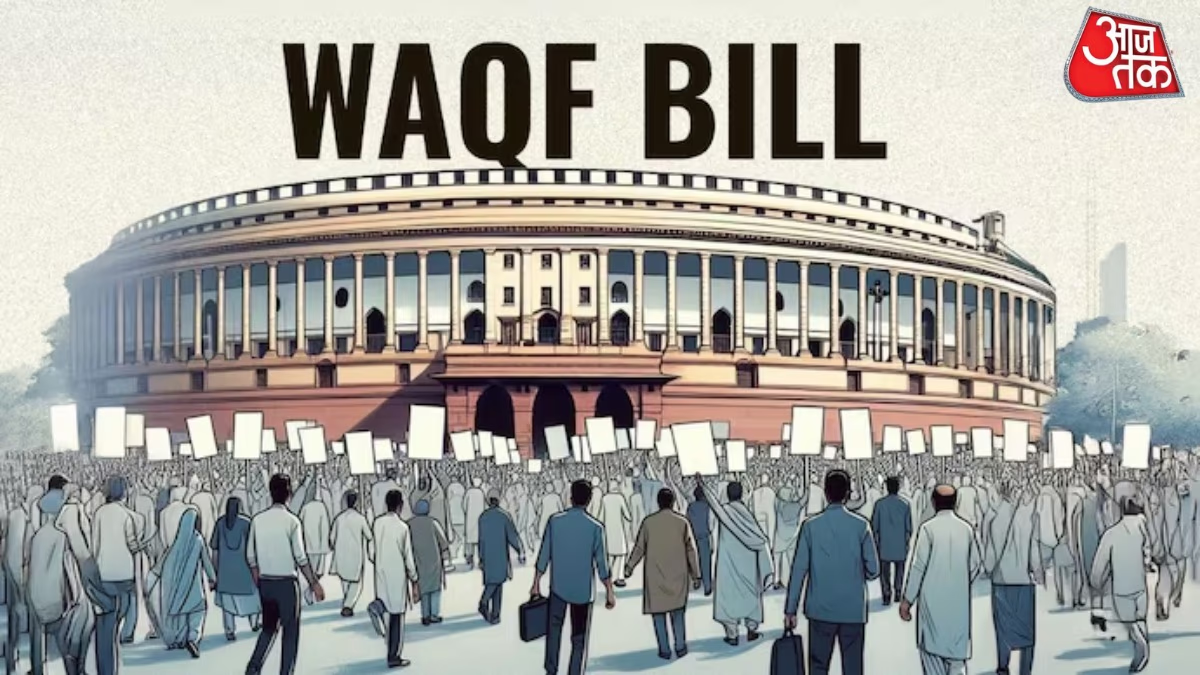After clearing the Lok Sabha, the Waqf Amendment Bill 2025 has made its way through the Rajya Sabha as well. With 128 votes supporting and 95 against, the bill is now just one step away from becoming law. The next stop is the President's desk, and once the nod is received, it will be official.
Following the discussion in the Rajya Sabha, Minority Affairs Minister Kiren Rijiju reassured that the Waqf Board remains a statutory body and should maintain secularism. He emphasized that the bill would not harm a single Muslim but instead would benefit millions.
What did Kiren Rijiju Say?
Addressing concerns during the Rajya Sabha debate, Minister Kiren Rijiju promised that no non-Muslim would interfere in Muslim religious activities. He stated, 'The Waqf Board should be secular, ensuring unbiased decisions regardless of who is on the board. You must never forget that once declared, a Waqf remains a Waqf.'
Rijiju further commented on past controversies related to the CAA, saying, 'Those claiming Muslim citizens' rights would be stripped post-CAA were proven wrong. This bill will pass today without harming a single Muslim; instead, it will benefit millions. The Waqf Board is a statutory body and must uphold secular principles.'
Remark by Opposition Leader Kharge
Opposition Leader Mallikarjun Kharge expressed concerns, arguing the bill aims to harass minorities. He pointed out that while it incorporates the fundamental elements of the 1995 Act, it includes unnecessary aspects, deeming certain amendments detrimental to minority interests.
Reflecting on the Minority Ministry's budget allocations and expenditures over recent years, Kharge criticized the government for reducing the budget from 4000 crore to 2800 crore and questioned the ineffective utilization of the allocated funds. He condemned the halting of five significant programs for the minority community while grand announcements about marginalized groups continued.
Opposition's Unity on the Waqf Bill
The opposition, usually divided on various issues like the Adani matter in parliament and electoral seat sharing in Haryana and Delhi, found common ground on the Waqf Amendment Bill. Even parties like Congress and Trinamool Congress, often at odds, stood together in opposition.
Remarkably, Congress and Aam Aadmi Party, despite election rivalries only two months prior, united against the bill.
Interestingly, the Waqf Bill debate in parliament mended previous rifts within the opposition, leading to a collective stand. Initial Lok Sabha voting saw participation from 520 members, with 288 supporting and 232 opposing. Similarly, no divisions occurred within the Rajya Sabha from either the ruling or opposition parties.
Why Such Oppositional Unity?
The outcomes of the 2024 Lok Sabha elections demonstrated new political equations in India. This time, the NDA secured just 8% of Muslim votes, while the opposition, known as the INDIA alliance, garnered 65% support from the Muslim community.
Among the 88 Muslim-majority Lok Sabha seats—where Muslims comprise over 20% of the population—NDA won 38 seats, with BJP taking 30. Conversely, the INDIA alliance succeeded in 46 seats, 16 of which went to Congress, while the remaining 4 were won by other parties.
This indicates that even in Muslim-majority constituencies, opposition parties achieved more success compared to the NDA. This result highlights a substantial portion of the Muslim community leaning towards opposing support.




